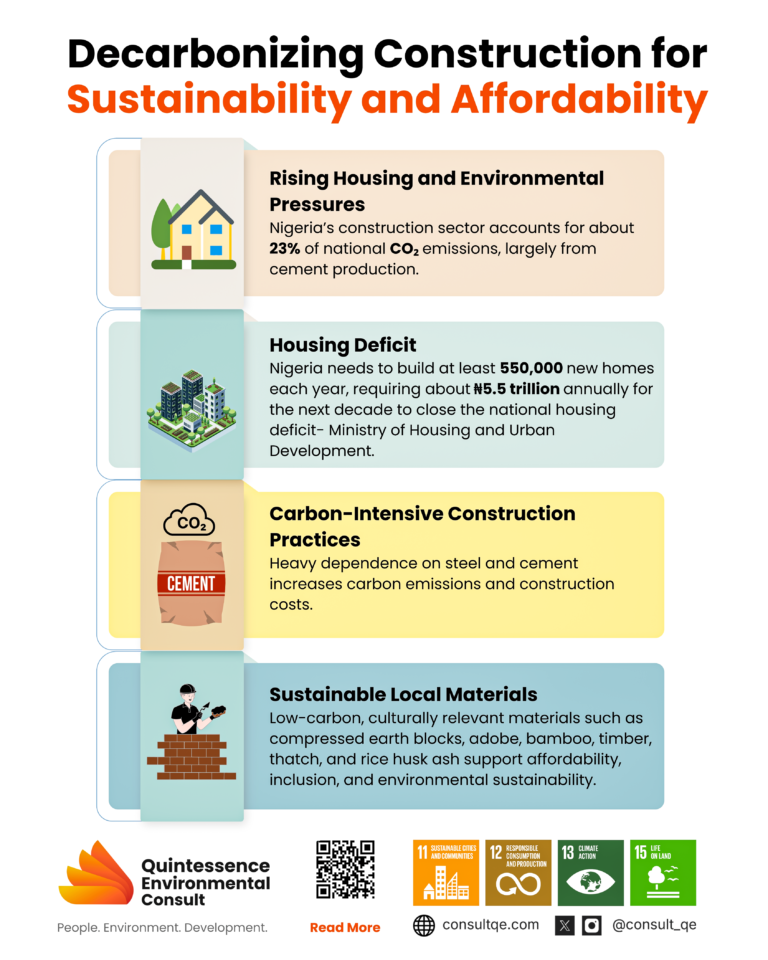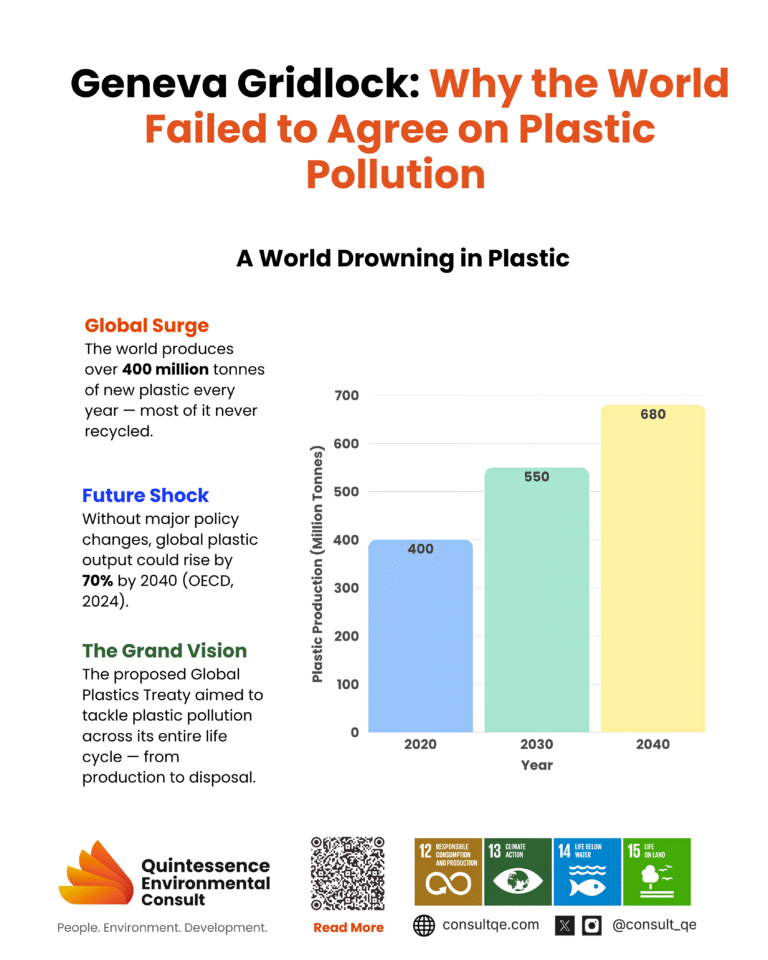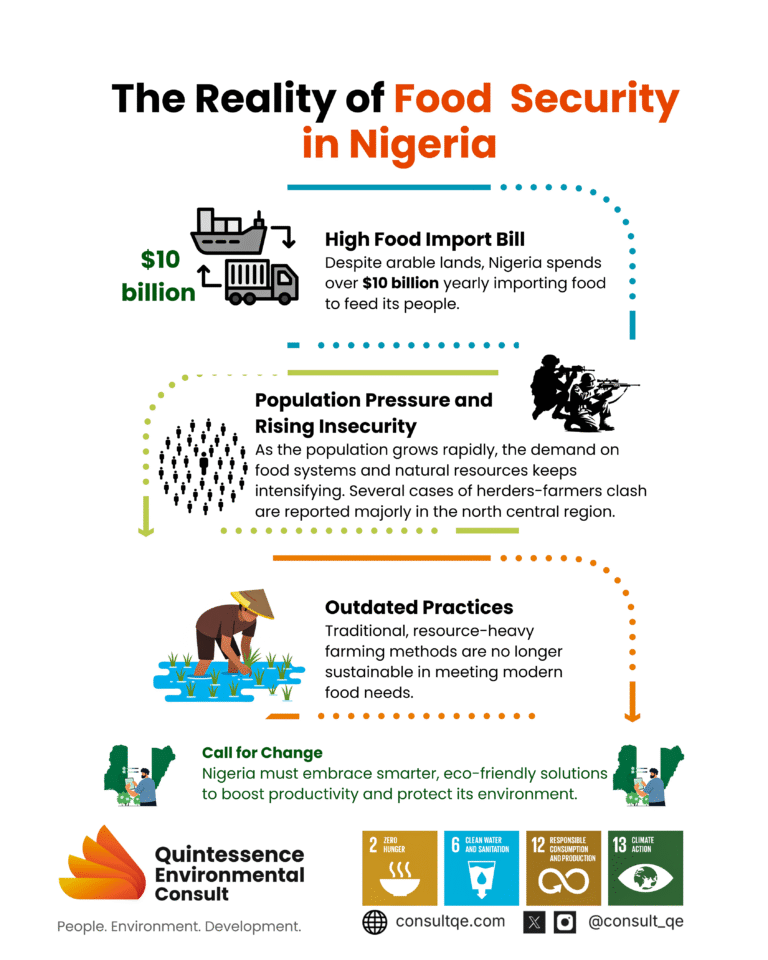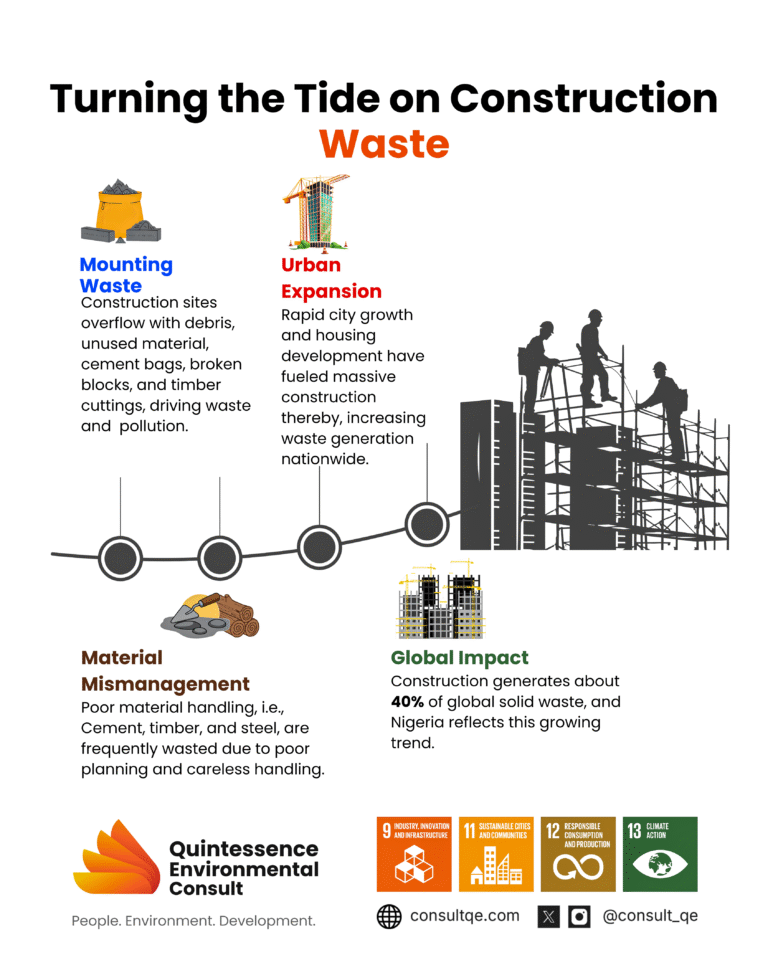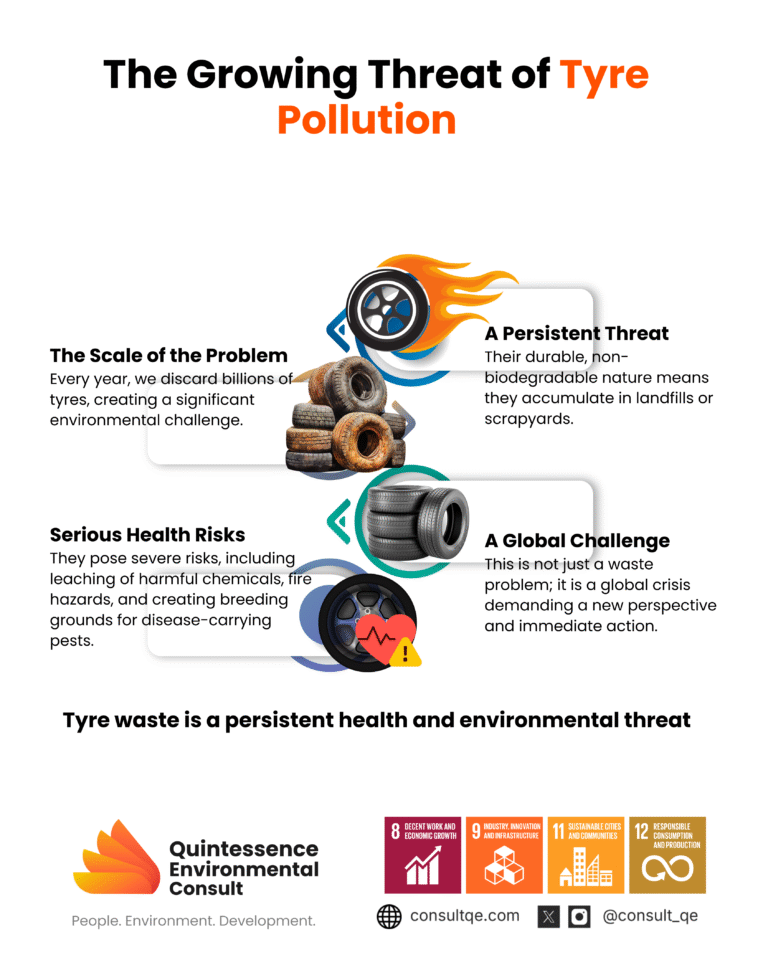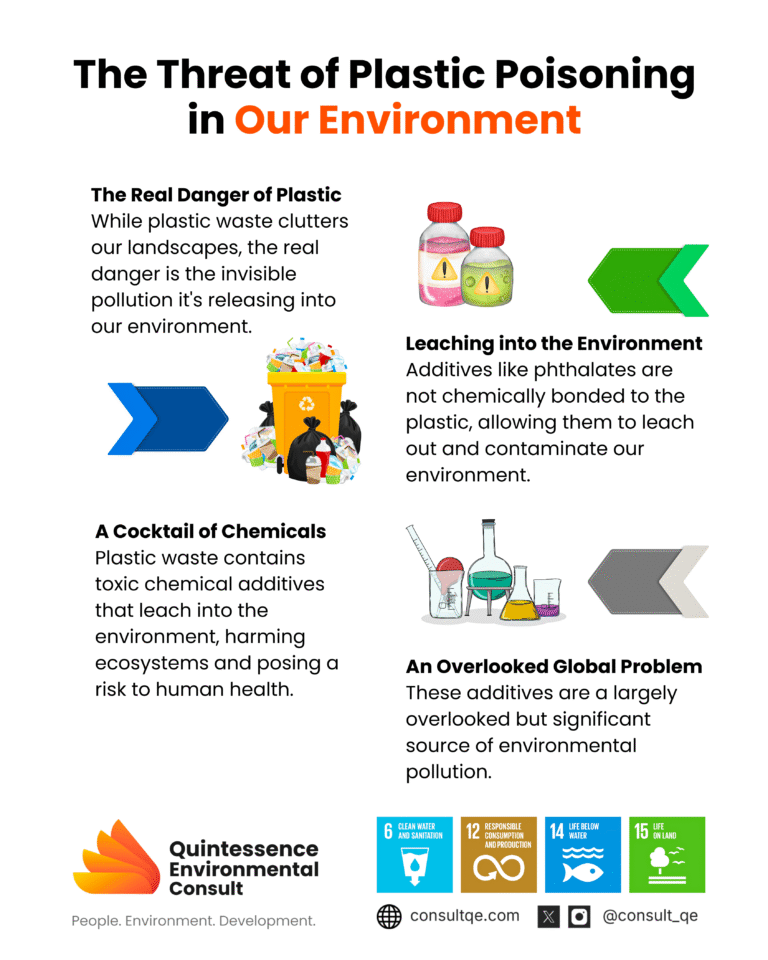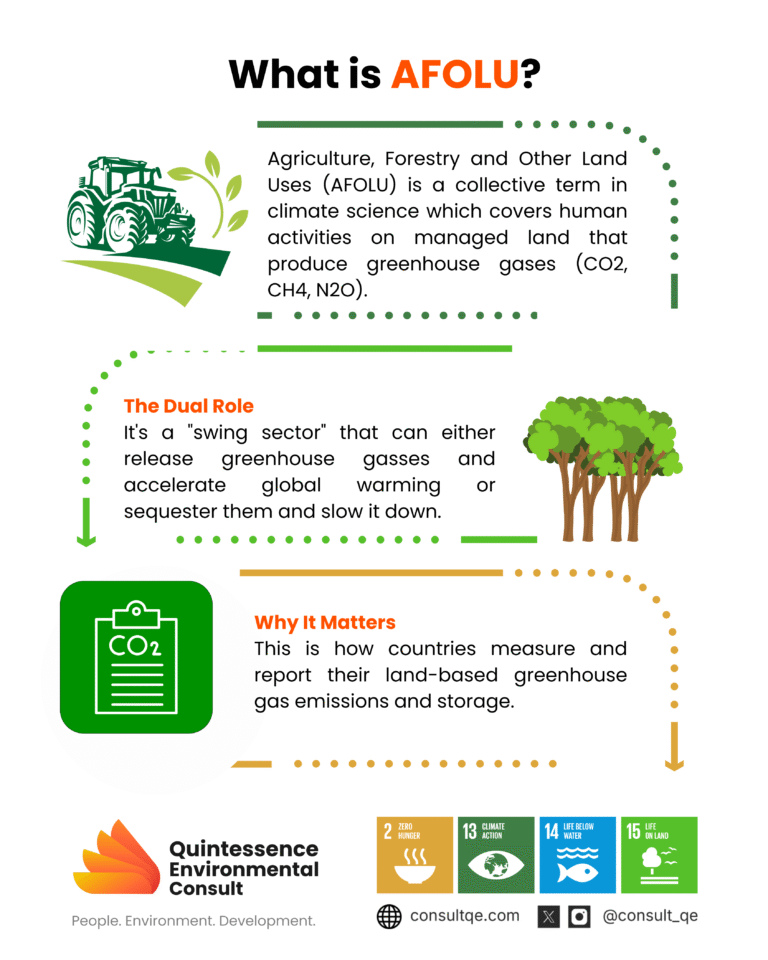Blog
Section Title
INTRODUCTION
The necessity for a shift in the Nigerian construction industry is driven by dual and intersecting crises: the enormous national housing deficit and the growing environmental urgency for...
The global Information Technology (IT) ecosystem is often perceived as a realm of dematerialization, a transition to intangible data streams that leave no physical trace. This perception, however...
Each year, the world produces over 400 million tonnes of new plastic. In the absence of significant policy reforms, this figure is projected to increase by nearly 70% by 2040, according to a 2024 OECD...
Nigeria, Africa's most populous nation, stands at a critical juncture where a rapidly increasing population meets the urgent need for enhanced food security and sustainable agricultural practices...
INTRODUCTION
Imagine a building site where piles of cement bags, broken blocks, and timber cuttings grow higher than the house being built. This is the reality of many construction sites in Nigeria...
deposits of Plateau, Bauchi, and Kano, and the gemstone markets of Kaduna, ASM provides livelihoods where farming or other jobs are limited.
However, this lifeline comes with paradoxes. While ASM...
Every year, billions of tyres are manufactured, serving a vital role in transportation across the globe. However, once these tyres reach the end of their life, they pose a significant environmental...
Plastic products often contain additives such as plasticizers, stabilizers, flame retardants, pigments, PFAS-based coatings, and biocides, which are incorporated into polymer matrices to enhance their...
The Agriculture, Forestry, and Other Land Use (AFOLU) is a collective term that categorises human activities influencing the movement of greenhouse gases, such as carbon dioxide (CO2), methane (CH4)...

